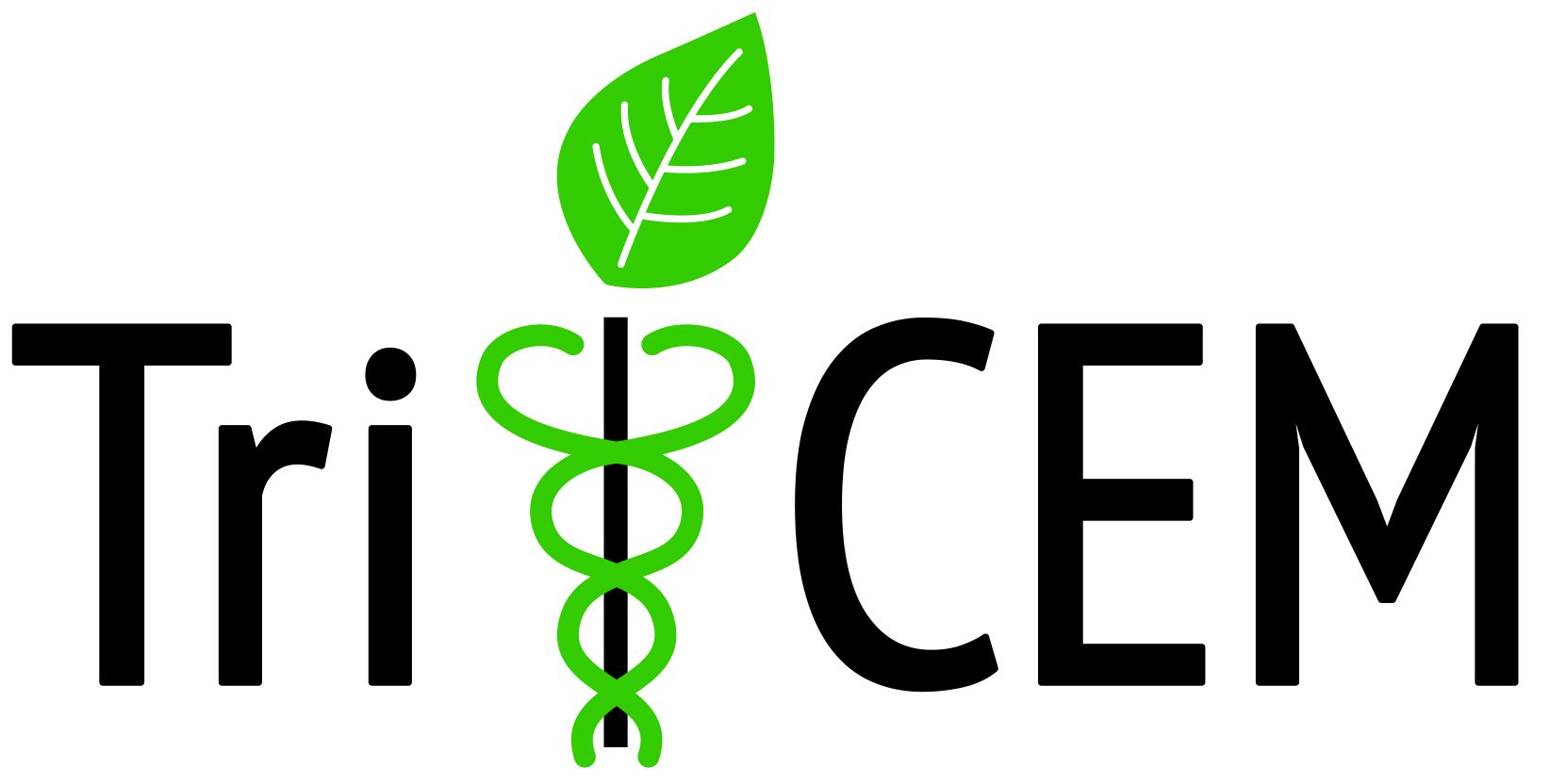PI: Andrew Read (Duke University)
Seed Grant in Innovative Evolutionary Medicine
Hypoxia, or lack of oxygen in the body, is an important factor in multiple clinical settings, from heart attack (1) and stroke (2) to cancer metastasis (3) and surgical procedures (4). Given the multiple clinical scenarios in which hypoxia plays a role, new treatments are urgently needed to combat hypoxic stress. To identify new treatments, we are comparing genes that are turned on and off during breath holding in marine mammals, such as dolphins and whales. By studying the genes that are activated in these marine mammals, we hope to identify new ways to overcome hypoxia in humans. This work will have the long-term benefit of developing new treatments to prevent hypoxia during heart attacks, strokes, cancer, and surgery.
Public talks:
Jason Somarelli, Darwin Days at the North Carolina Museum of Natural Sciences (2021). Oceans & Human Health: Learning from Whales to Fight Disease.
Publications:
Blawas AM, Ware KE, Schmaltz E et al. (2021) An integrated comparative physiology and molecular approach pinpoints mediators of breath-hold capacity in dolphins. Evolution, Medicine, and Public Health 9(1): 420-430.
